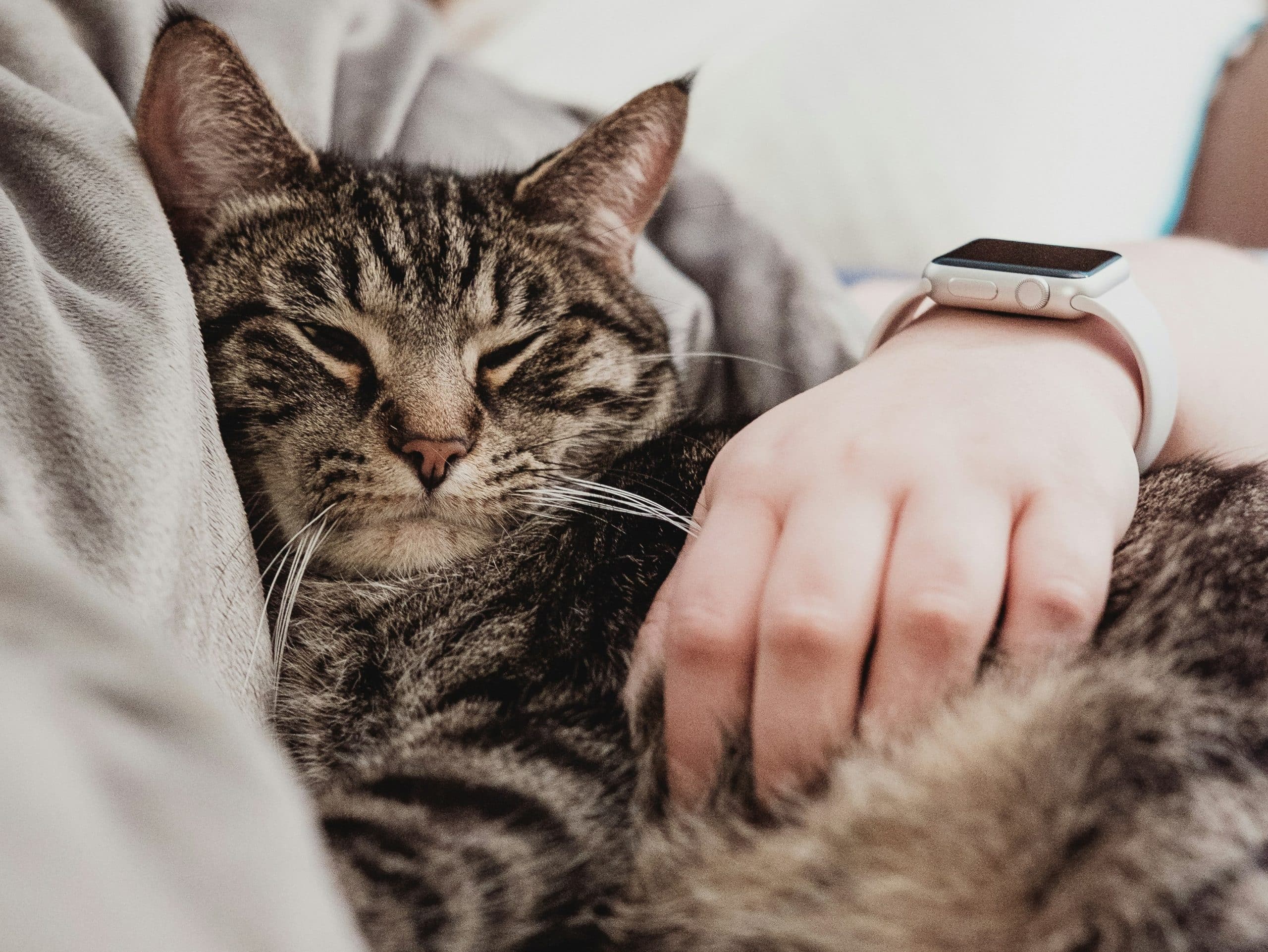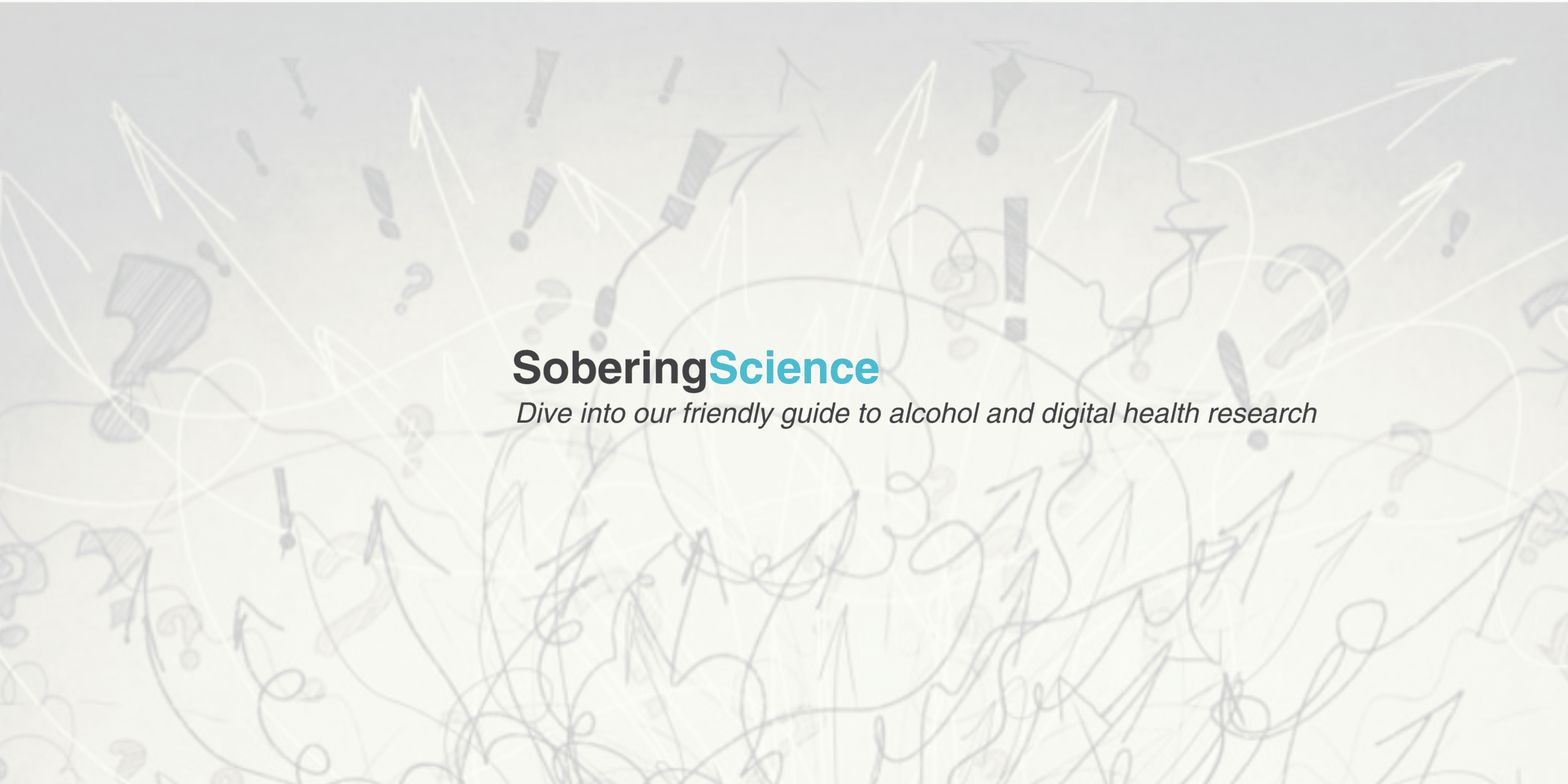
Check your wearable, alcohol might be the cause of your bad night’s sleep
With the rise of wearables, like smart watches, we have more data than ever about our physical and mental health.
Have you noticed that the days you drink alcohol your wearable shows more disrupted sleep? Or have you noticed it’s just that bit more difficult to get yourself out of bed in the morning?
Although alcohol is a depressant and can make you feel sleepy, its impact on sleep quality is far from restful.
How does alcohol affect sleep?
Disrupted sleep patterns: While alcohol may help you fall asleep faster, it disrupts the natural sleep cycle by suppressing rapid eye movement sleep, often referred to as REM sleep. REM sleep is needed for good brain function, including memory consolidation, and an ability to keep our emotions in check.
Fragmented sleep: Alcohol can also cause frequent waking throughout the night, leading to broken sleep and poor sleep quality. You may not even be fully aware of these awakenings, but they can still disrupt the natural progression through necessary sleep stages, potentially leaving you tired and foggy headed the following day.
Snoring and sleep apnoea: Alcohol relaxes the muscles in the throat and airway, making it more likely for people with sleep apnoea to experience breathing disruptions during the night. This can make symptoms worse and lead to more severe sleep disturbances.
Tips for sleeping better
Reduce your drinking: Set a limit on your alcohol intake, and especially avoid drinking close to bedtime. Aim to finish your last drink at least 2-3 hours before you plan to sleep to allow your body time to break down the alcohol while you’re still awake.
Create a relaxing bedtime routine: A calming bedtime routine signals to your body that it's time to wind down for sleep. Some people find taking a warm bath or shower, reading, practicing relaxation techniques, drinking herbal tea, or listening to music helps the body and mind prepare for sleep. Ignore the siren song of your electronic devices and turn them off as part of your bedtime routine.
Maintain a consistent sleep schedule: Going to bed and waking up at the same time each day, even on weekends if you can, helps regulate your body's internal clock and leads to better sleep quality.
Create a comfortable sleeping environment: Make your bedroom into a space that you want to snuggle in. Keep it cool, dark, and quiet. It’s worth investing in the most comfortable mattress and pillows that you can reasonably afford.
While alcohol may seem like a sedative that helps you drift off to sleep, its impact on sleep quality is far from restful. If you are not sleeping as well as you’d like, alcohol might be the culprit. Try a period without alcohol – at least a month is a good period of time – and see if you notice a difference. If you are a heavy drinker, just be aware you might feel worse initially as your body gets used to not having alcohol on board.
Let us know how you go. We are here to help you change your relationship with alcohol and meet your personal goals, whether that is taking a break, cutting back or quitting.
The Hello Sunday Morning Team











Thanks so much for the insightful comments